Nearly 2 million people in South Yorkshire are expected to be placed under the strictest Covid restrictions within days, but fresh attempts to break the deadlock in Greater Manchester have collapsed into chaos and confusion.
As the Welsh government announced a two-week national “firebreak” from Friday, Matt Hancock, the UK health secretary, said discussions were ongoing about placing large parts of northern England in tier 3 measures this week.
The UK government said it was “carefully considering next steps” after a key meeting with the Greater Manchester mayor, Andy Burnham, and council leaders on Monday ended in disarray, with early signs of an agreement appearing to vanish.
One council leader described the call with Robert Jenrick, the communities secretary, and Boris Johnson’s chief strategic adviser, Sir Eddie Lister, as “very strange”. Another said it started positively, with talk of a new “hardship fund” to help the lowest paid, but the idea was killed before the meeting ended as government officials said the Treasury would not provide any more cash. “It was crazy. Something collapsed on the government’s side during the meeting,” said one.
Burnham wrote to Johnson on Monday night expressing disappointment about the meeting. The letter said Burnham and colleagues had been encouraged by the new fund proposal but perplexed as to why the notion was ruled out. “We’re ready to continue to work with government to find a resolution,” the mayor’s spokesman said.
Hancock told the Commons that discussions were continuing with local leaders about introducing tier 3 measures – meaning the closure of many pubs, bars and other venues – across parts of northern England.
Quick guide What are the three tiers of England’s Covid lockdown system?
Show
Hide
Tier one – medium
- The “rule of six” applies, meaning socialising in groups larger than six people is prohibited whether indoors or outdoors.
- Tradespeople can continue to go into a household for work and are not counted as being part of the six-person limit.
- Businesses and venues can continue to operate but pubs and restaurants must ensure customers only consume food and drink while seated, and close between 10pm and 5am.
- Takeaway food can continue to be sold after 10pm if ordered by phone or online.
- Schools and universities remain open.
- Places of worship remain open but people must not mingle in a group of more than six.
- Weddings and funerals can go ahead with restrictions on the number of people who can attend (15 and 30 respectively).
- Exercise classes and organised sport can continue to take place outdoors, and – if the rule of six is followed – indoors.
Tier two – high
- People are prohibited from socialising with anybody outside their household or support bubble in any indoor setting.
- Tradespeople can continue to go into a household for work.
- The rule of six continues to apply for socialising outdoors, for instance in a garden or public space like a park or beach.
- Businesses and venues can continue to operate but pubs and restaurants must ensure customers only consume food and drink while seated, and close between 10pm and 5am.
- Takeaway food can continue to be sold after 10pm if ordered online or by phone.
- Schools and universities remain open.
- Places of worship remain open but people must not mingle in a group of more than six.
- Weddings and funerals can go ahead with restrictions on the number of people who can attend (15 and 30 respectively).
- Exercise classes and organised sport can continue to take place outdoors but will only be permitted indoors if it is possible for people to avoid mixing with those they do not live with (or share a support bubble with), or for youth or disability sport.
- Travel is permitted to amenities that are open, for work or to access education, but people are advised to reduce the number of journeys where possible.
Tier three – very high
- People are prohibited from socialising with anybody they do not live with, or have not formed a support bubble with, in any indoor setting, private garden or at most outdoor hospitality venues and ticketed events.
- Tradespeople can continue to go into a household for work.
- The rule of six continues to apply to outdoor public spaces, such as parks, beaches, public gardens or sports venues.
- Pubs and bars are only permitted to remain open to operate as restaurants, in which case alcohol can only be served as part of a substantial meal.
- Schools and universities remain open.
- Places of worship remain open but household mixing is not permitted.
- Weddings and funerals can go ahead with restrictions on the number of people attending (15 and 30 respectively) but wedding receptions are not allowed.
- The rules for exercise classes and organised sport are the same as in tier 2. They can continue to take place outdoors but will only be permitted indoors if it is possible for people to avoid mixing with people they do not live with (or share a support bubble with), or for youth or disability sport. However, in Merseyside, gyms were ordered to close when it entered tier 3.
- Travelling outside a very high alert level area or entering a very high alert level area should be avoided other than for things such as work, education or youth services, to meet caring responsibilities or if travelling through as part of a longer journey.
- Residents of a tier 3 area should avoid staying overnight in another part of the UK, while people who live in a tier 1 or tier 2 area should avoid staying overnight in a very high alert level area.
Photograph: Peter Byrne/PA
Was this helpful?
Thank you for your feedback.
It is understood that the Sheffield city region, population 1.8 million, looks to be the closest to agreeing a deal with government, though it is some way from being finalised. An influx of students has helped Sheffield’s infection rate soar to 345 cases in every 100,000 people, more than double the England average, while Barnsley’s is nearly 400, just below the rates in parts of Greater Manchester and Merseyside.
Three sources said they expected a Sheffield city region deal to be announced within days. One said they were not as opposed to tier 3 measures as leaders in Greater Manchester and that they expected their financial package to be similar to the £42m deal given to the Liverpool city region and Lancashire last week.
One senior South Yorkshire figure said: “We know our numbers are rising too fast. Government I think would have liked to bounce us into an agreement today, despite the fact I think there have only been two conversations in total, but that’s not going to happen. I don’t know why they want to use councils as political human shields on this stuff.”
In the Commons, Hancock thanked leaders in Lancashire for striking a tier 3 agreement on Friday and, in a message aimed at Burnham, said: “I’m sure that the willingness to put politics aside in the national interest and in the interests of the people we serve, will save lives and protect livelihoods.”
Discussions were ongoing with leaders in West Yorkshire, Nottingham, north-east England and Teesside, Hancock told MPs.
He said it was “absolutely vital” to act in Greater Manchester, where he said the infection rate among over-60s had risen over the past week from 171 cases for every 100,000 people to 280. The rate in Liverpool is 401 cases for every 100,000, and in Lancashire 241 per 100,000.
The government piled pressure on Burnham by saying that all free intensive care capacity in Greater Manchester would be used by the middle of next week if rates continued to rise, according to its own modelling.
But this was questioned by Prof Jane Eddleston, the region’s medical lead for the coronavirus response. She said that despite the “stark” figures, extra capacity would be available. “The system can cope. If one looks at the stark figures one might be mistaken for thinking ‘oh gosh’. But that does not take into account the additional capacity that will come into play,” she said.
There was also pushback from Greater Manchester’s Tory MPs. James Daly, the MP for Bury North, told Hancock there had been “no recorded outbreak” in any pub in his constituency.
On Monday evening Greater Manchester’s 27 MPs had a briefing with Dr Susan Hopkins, the deputy director of infection prevention and control for Public Health England, and health minister Edward Argar. One MP present described it as “a total attempt to scare us”, as the politicians were told ventilator beds across the region of 2.8m people are currently at 29% capacity.
Jonathan Reynolds, the Labour MP for Stalybridge and Hyde, said the figures presented about hospital occupancy and infection rates among the over 60s was “worrying – we are all concerned. But it didn’t really change anything or tell us anything we didn’t already know and the central sticking point remains over the question of financial support for workers.”
Afzal Khan, the Labour MP for Manchester Gorton, said: “There’s a deep concern with Covid and we have a responsibility with the way we give information. You don’t want people being unnecessarily alarmed.”
Khan said there was no detail about when Greater Manchester would be placed into tier 3, or what support would be offered to help the most deprived.
Jeremy Hunt, the former health secretary, urged Hancock to give local leaders greater control “given the dangers of conflicting public health messages”. He said councils should get “the powers and the resources” to bring down the infection rate, but if they failed “they will be stripped of those powers in order to let the government – to coin a phrase – take back control”.
Christian Wakeford, the Tory MP for Bury South, said there was a need to agree “the least worst option” for Greater Manchester as soon as possible. He said Burnham may have caught the public mood last week with a defiant speech on the steps of Manchester Central Library but the goodwill towards him “has an expiry date”.
“I do think a deal needs to be done soon,” he said. “If it’s not one we can all agree to, it’s at least one we can all tolerate.”
He added that Conservatives and Labour in Greater Manchester were united on the need to ensure people had enough money to survive the winter. He said the government should introduce a “minimum [pay] floor” for low-paid workers.







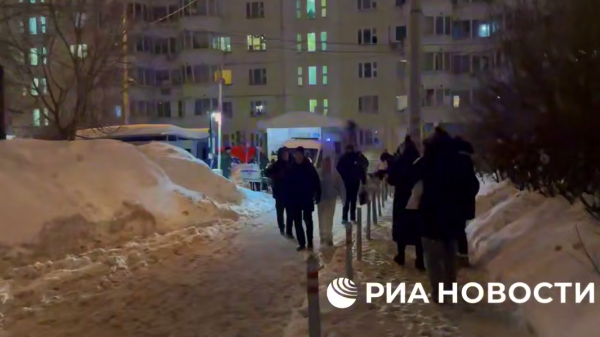
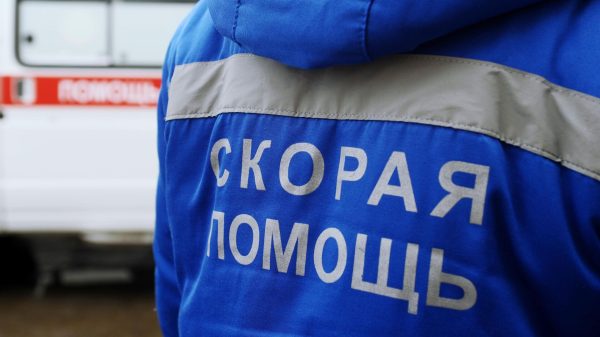
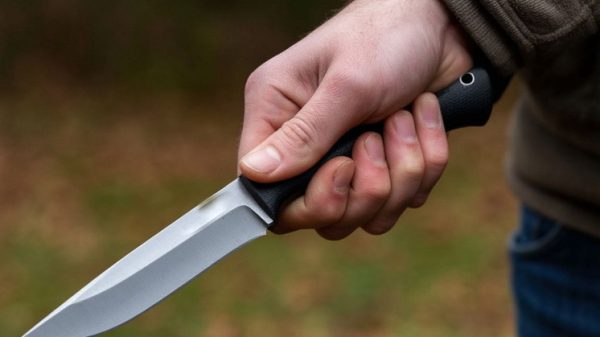
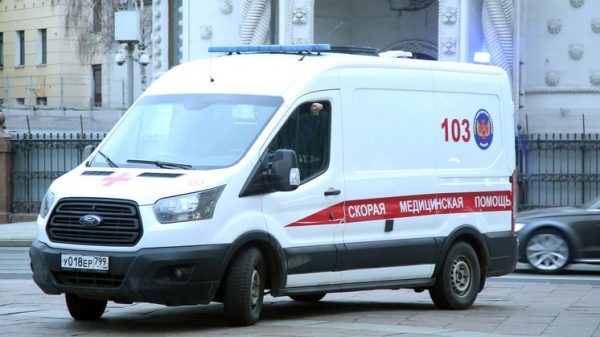
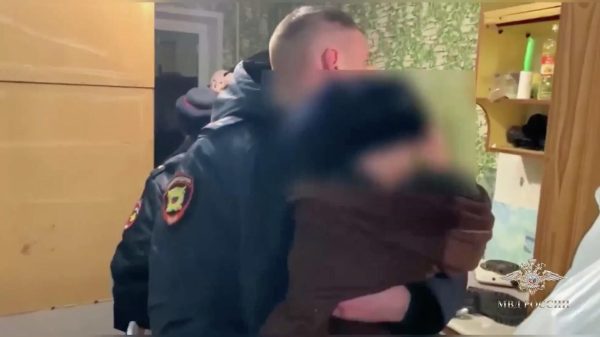

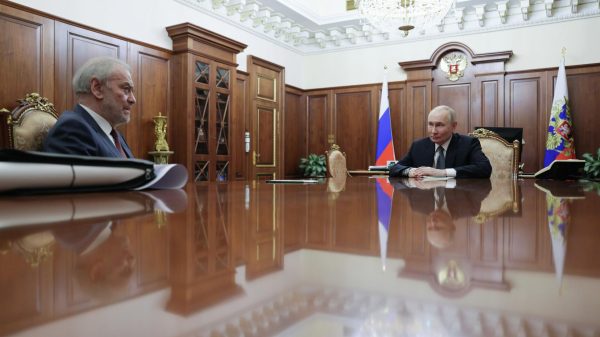


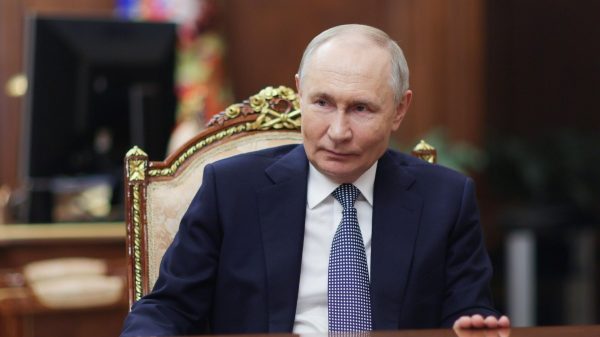
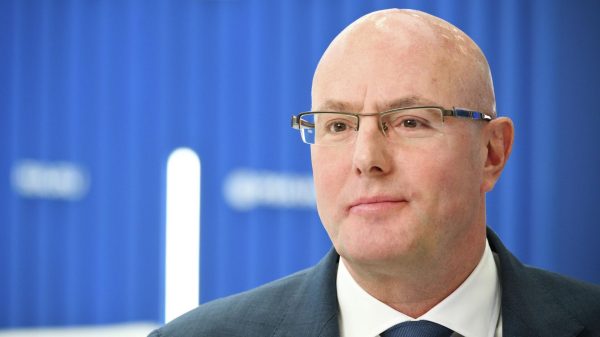















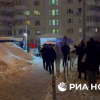

















Свежие комментарии